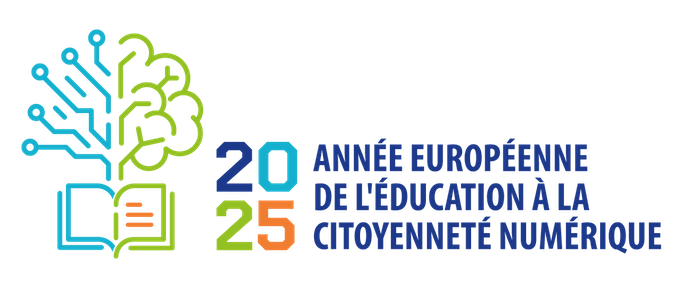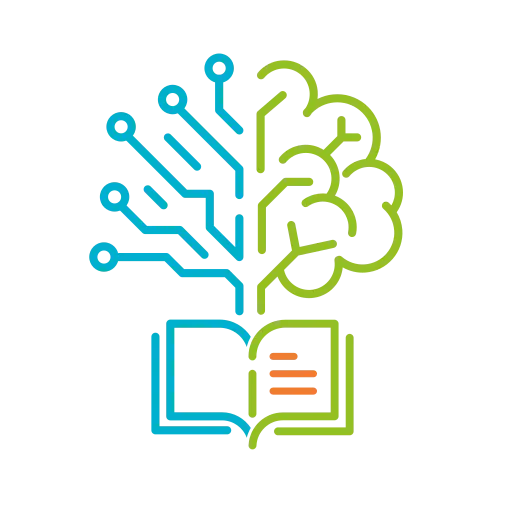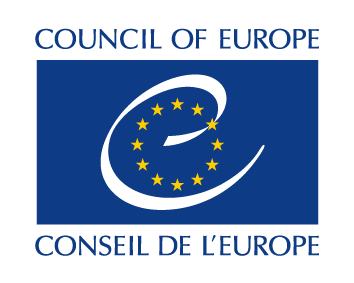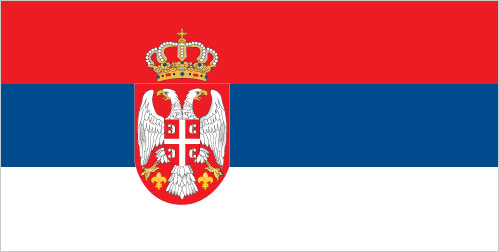- Strategy of Digital Skills Development in the Republic of Serbia 2020-2024 and the Action Plan for the implementation of the Digital Skills Development Strategy in the Republic of Serbia for the period from 2020 to 2024 aim to enhance all citizens’ digital knowledge and skills, including vulnerable groups. Its objective is to ensure that the country stays updated with ICT advancements in all sectors and meets the demands of businesses and the labour market.
- Youth Strategy in the Republic of Serbia from the period from 2023-2030: addresses media literacy and online security, primarily through Measure 4.5 – “Support to programmes for the development of digital competencies and digital citizenship” and Measure 5.1 – “Support to programmes that contribute to the development of healthy lifestyles and mental health of young people”
- Education Development Strategy of Serbia 2020-2030. The strategy aims to enhance pre-university education by improving teaching quality, implementing a robust quality assurance system, promoting digital education, and increasing accessibility and equity. Key measures include developing updated curricula that foster cross-disciplinary skills (like problem-solving, digital literacy, and democratic engagement), supporting teacher training and institutional capacity, and enhancing resources for literacy in various subjects. Additionally, the initiative seeks to advance digital education by equipping schools for online and hybrid learning and supporting inclusive, accessible educational environments through infrastructure improvements and intercultural training programs.
- According to the National Authorities responding to the online survey, during the development of the new curriculum next year, the plan is to include DCE in the civic as well as cross-curricular. DCE promoter Zlatko Grušanović and director of the Institute for Curriculum Development is planning this activity through education strategy in the Ministry of Education and is involved in the work of the working group of the Office of the Council of Europe.
Sources
- https://pravno-informacioni-sistem.rs/eli/rep/sgrs/vlada/drugiakt/2023/8/1/reg
- https://mto.gov.rs/extfile/sr/1829/EN%20Youth%20Strategy%20in%20the%20Republic%20of%20Serbia%20for%20the%20period%20from%202023%20to%202030.pdf
- https://www.google.com/search?q=strategija+razvoja+obrazovanja+do+2030&sca_esv=21fd2d4e13d87791&rlz=1C1GCEA_enRS818RS818&sxsrf=ADLYWIJXZKX8ik7j_u2T64WQoqk3qGN-hA%3A1727348183557&ei=1z31ZuTNIbyA9u8P3IScsAI&oq=strategija+razvoja+obraz&gs_lp=Egxnd3Mtd2l6LXNlcnAiGHN0cmF0ZWdpamEgcmF6dm9qYSBvYnJheioCCAAyBRAAGIAEMgYQABgWGB4yBhAAGBYYHjIGEAAYFhgeMgYQABgWGB4yBhAAGBYYHjIIEAAYgAQYogQyCBAAGIAEGKIEMggQABiABBiiBEiHOFAAWJ0mcAB4AZABAJgBlQGgAesTqgEEOS4xNbgBAcgBAPgBAZgCGKACtxTCAgQQIxgnwgIKECMYgAQYJxiKBcICCxAAGIAEGJECGIoFwgILEC4YgAQY0QMYxwHCAgoQLhiABBhDGIoFwgIFEC4YgATCAhEQLhiABBiRAhjHARiKBRivAcICCBAAGIAEGMsBwgIIEC4YgAQYywGYAwCSBwQ3LjE3oAft4QE&sclient=gws-wiz-serp
- Online survey with national authorities



